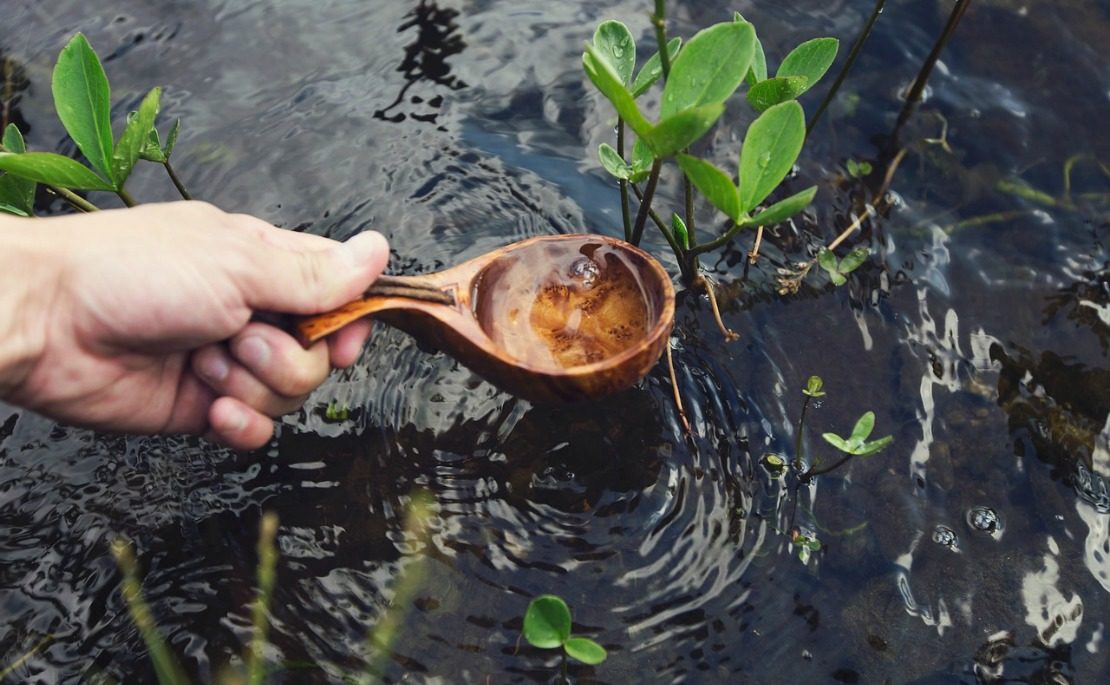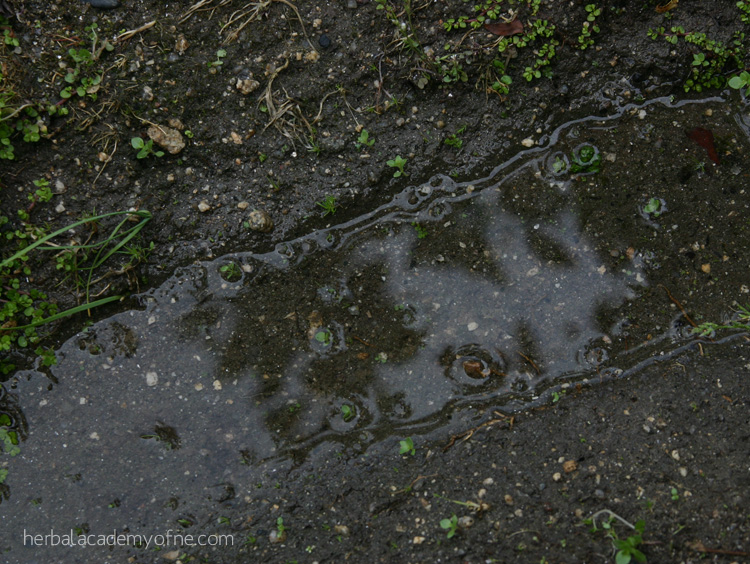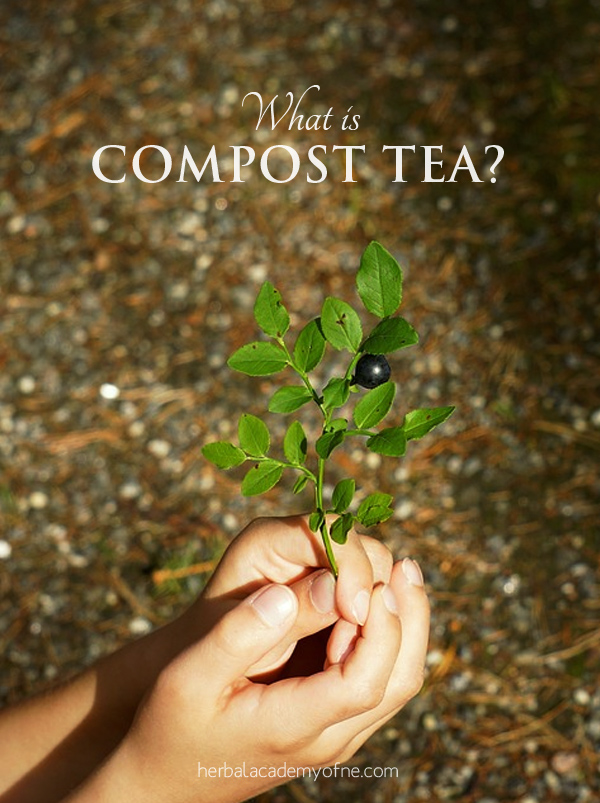
What is Compost Tea? Plants Drink Tea, Too!
At the Herbal Academy, we believe in cultivating awareness of our interconnectedness with the living communities all around us. When we use the earth’s resources with wisdom and respect, all of us (plants, animals, humans) will live far more healthy and abundant lives. A key way we enjoy these gifts is by consuming herbs for nutrition and health—and often, we take these herbs as tea. But believe it or not, we’re not the only ones who can enjoy nature’s bounty as a tea. As we’ve been discussing this week, we are big fans of composting for ecological reasons. And we also encourage you to make compost tea – for your plants to drink! What is compost tea? Find out below!
Just like we might benefit from an herbal tea of chamomile or stinging nettle, our herbal and vegetable gardens will benefit from an infusion made from our compost pile steeped in water. There are many synthetic products available for people to spray on their gardens, such as chemical fertilizer applications. Compost tea offers an alternative to this practice, in that it provides nutrients and beneficial microorganisms when it’s applied either to the soil or the plants’ leaves.
Why not just mix in compost right into your soil? Indeed, using compost in this way is very beneficial, but making compost tea goes a step beyond this. Steeping your compost in water for about a week extracts and multiplies beneficial microorganisms and applying this tea to your soil will build the living community of organisms that help your plants thrive.

How Do You Make Compost Tea?
Below is a simple, step-by-step process for making your own compost tea. You’ll need two barrels or multi-gallon containers, finished compost (that has a sweet, earthy smell and has been cultivated for at least a year), cheesecloth or burlap, a large stick, and chlorine-free water.
- Combine ingredients. Place one gallon of de-chlorinated water in the container for every one-pound of compost.
- Steep. Allow the mixture to steep for about five to seven days, being sure to stir the compost with a sturdy stick or yardstick at least once daily. Keep out of sunlight in a container without a lid.
- Strain. Pour the mixture through cheesecloth or burlap into the second container so that you are left with the compost in the original and the compost tea in the second. Your compost tea should be as sweet and earthy smelling as the compost itself.
- Apply. Use immediately, or within a few hours. Pour the compost tea into the soil and/or spray it on your plants. If spraying, use a fine mist and spray plants just before dusk.
If you find that your compost or your compost tea smells rancid or spoiled, refrain from applying it to your garden. Also be sure not to apply the compost tea to your garden fewer than three weeks before you harvest your plants for consumption.

We hope that adding this step to your gardening helps you to cultivate thriving, prosperous plants.
Do let us know what other organic gardening practices you’ve had success with in the comments below, and stop by our Facebook page to let us know what plans you have for your garden this spring!







